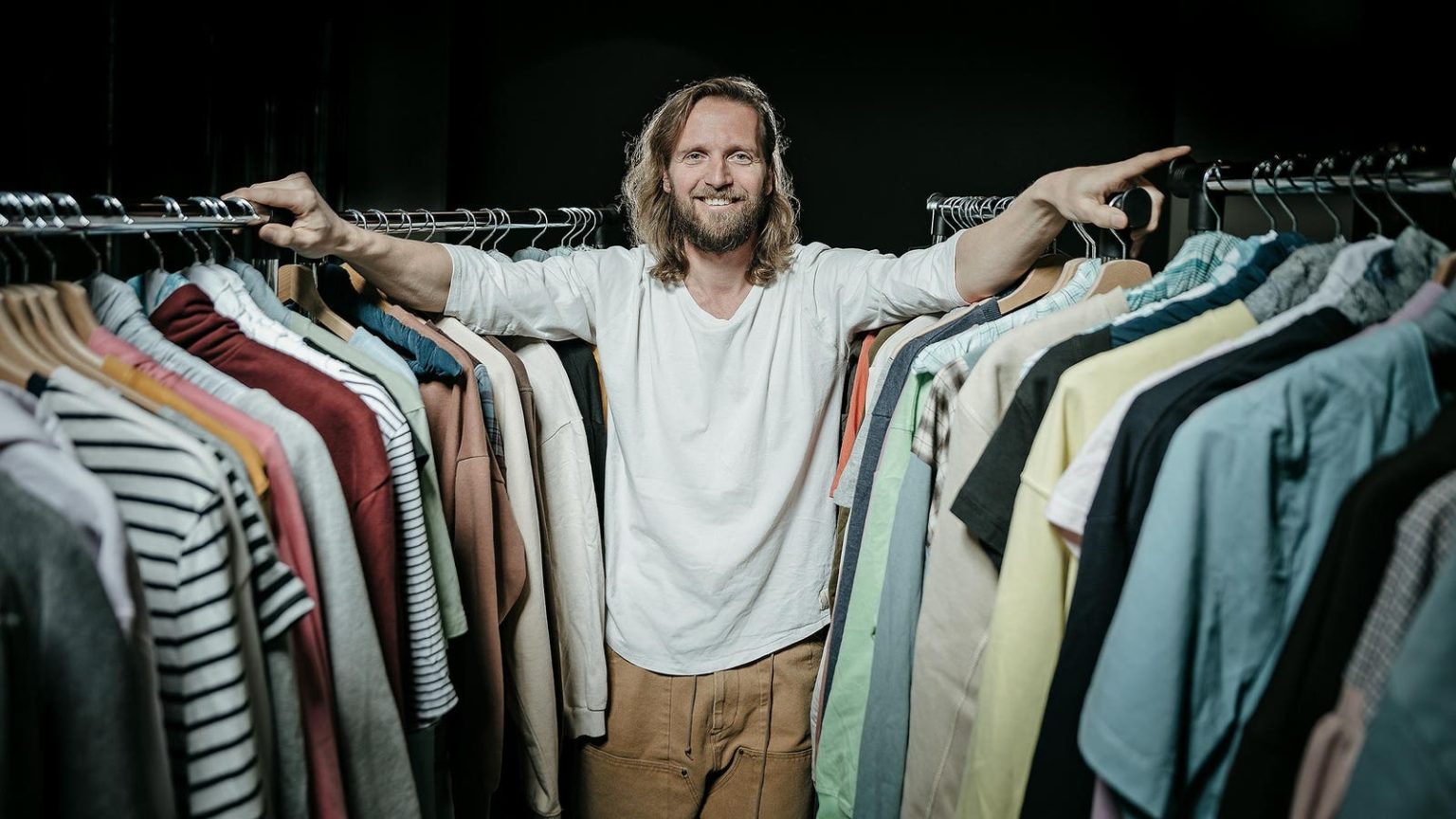Investors have been pumping billions into luxury clothing resale platforms, even those that are not turning a profit. However, Lithuania’s Vinted has managed to become the country’s first unicorn by selling vintage clothing at affordable prices. The company’s success story began in 2016 when CEO Thomas Plantenga made a daring move with an $800,000 television advertisement that ultimately saved the struggling startup from running out of cash.
Vinted’s journey to profitability was not smooth, as the company had to make some tough decisions, including closing offices, laying off staff, and reducing fees by 75%. Plantenga’s strategy paid off, and the company experienced significant growth, with revenues reaching over $600 million in 2023 and achieving its first annual profit of at least $20 million. Vinted now has 100 million users globally and has become a leader in the European market for consumer marketplaces.
The company’s success can be attributed to its low fees, user-friendly platform, and efficient logistics. Vinted charges fees starting at 70 cents and capped at 8%, much lower than rivals like Poshmark, which starts at 20%. The platform’s ease of use and quick shipping process have attracted sellers and buyers alike, leading to increased engagement and transactions. Vinted also offers affordable delivery options, making it popular among environmentally conscious consumers in urban Europe.
Although Vinted faces competition from established players like eBay and Mercari, as well as new entrants like Etsy and Zara, the company continues to innovate and expand its reach. Plantenga is eyeing an IPO and has already made moves to enter the luxury resale market with the acquisition of rival Rebelle. With plans to target new markets and further streamline operations, Vinted is poised for continued growth and success. Despite its achievements, Plantenga remains focused on the company’s tech roots, emphasizing that Vinted is a tech company first and foremost.


